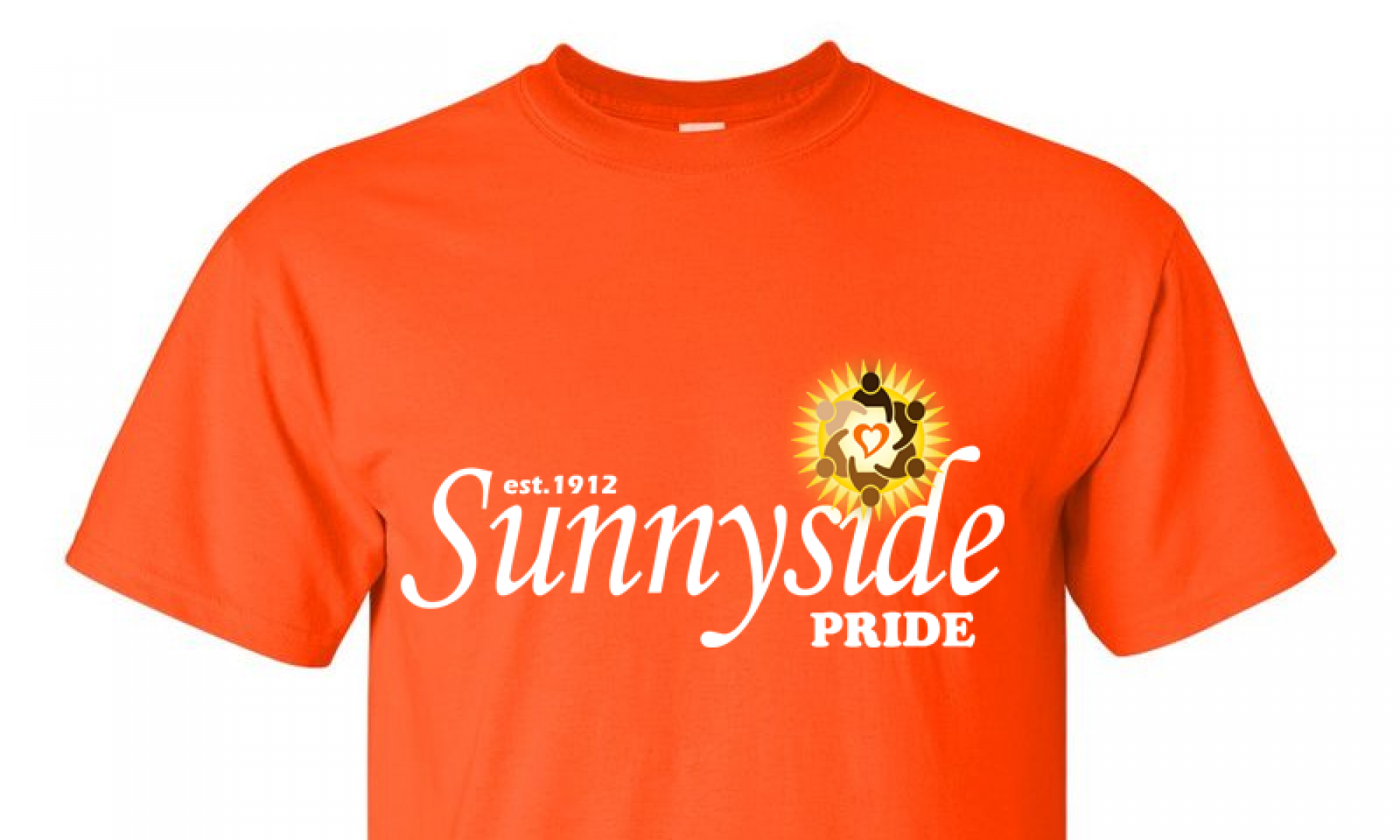“I don’t know if street harassment is going to end anytime soon,” artist Tatyana Fazlalizadeh told The Huffington Post. “But people around the country ― and the world ― are fighting for it.”
Since 2012, Fazlalizadeh has been at the forefront of the campaign to stop the cat-callers, bullies and chauvinists who make women feel unsafe for simply existing in public spaces. Her ongoing series “Stop Telling Women to Smile,” which features the faces of real women alongside the words they wish they could say to their harassers, has gained traction around the internet and across the globe, providing a glimpse into the abuse women face from strangers on a daily basis.
Nearly five years after the project’s inception, Fazlalizadeh’s process is basically the same. She recruits women from social media and friends who have grappled with street harassment to sit for a photograph and an interview ― a candid conversation that defines what street harassment means on an individual level.
“I don’t want to define it for everyone,” Fazlalizadeh explained. “Street harassment ranges from sexist comments to racist micro-aggressions to homophobic slurs to getting pushed out due to gentrification.”
Central to Fazlalizadeh’s project is the belief that, as she puts it, “sexism doesn’t work alone.” Gender-based discrimination is usually accompanied, the artist explicated, by racism, transphobia or homophobia. The artist invites her subjects to discuss their backgrounds and identities at length, drawing connections between who they are and the way the world treats them.
The photograph Fazlalizadeh snaps during each meeting is later adapted into a graphic poster. Beneath the portrait is a quote from the conversation, often a message directed at a nameless and invisible oppressor. “I’m uplifting women’s voices while showing their faces,” Fazlalizadeh said. “A lot of times, when we look at art, we’re looking at images of women created by men. I’m a woman making portraits of women and their words, and putting them in public spaces that are usually very hostile to us. It’s about taking back space with the artwork, physically and metaphorically.”
For the past few years, Fazlalizadeh has enlisted fans and followers to expand her project during Anti–Street Harassment Week, set to take place this year between April 2 and April 8. Specifically, she started an event called International Wheatpasting Night, named after a common poster adhesive, inviting people from all over the world to download and print Fazlalizadeh’s posters for free to display throughout their communities and neighborhoods.
“I’d heard from people asking about how they can participate,” Fazlalizadeh said. “This is one night for people to go out on the streets knowing you are acting with other women in solidarity. When we wake up the next day, we’ll find a bunch of these pieces scattered across the country.”
Fazlalizadeh also has an installation on view in Brooklyn called “America Is Black.” The piece features portraits of American people of color alongside a powerful block of text written by the artist just after November’s presidential election. It reads, in part:
America is Black. It has always been. It is a man twirling at 3AM under colorful lights, sweaty and in love with his boyfriend. It thrives with disabilities. It is migrant. It is a tongue that unapologetically only speaks Spanish. It is a self-regulated womb. It is Native. It has been here before any White foot touched its soil. It is traumatized. It is hungry. It is a woman. It has always been …
The piece is similar in style and message to a mural Fazlalizadeh created in her hometown of Oklahoma City in November. The more concise text of that piece read: “America is black. It is Native. It wears a hijab. It is a Spanish speaking tongue. It is migrant. It is a woman. It is here. Has been here. And it’s not going anywhere.”
Fazlalizadeh said both murals were inspired by Donald Trump’s administration.
“There is this group of people who wanted to keep America as this white, male, Christian country,” Fazlalizadeh said. “And that’s just not what it is. It’s not my reality and it never was. Even growing up in a place like Oklahoma City, I grew up in a black neighborhood. I went to black schools and black churches. I am trying to say, ‘America is all these things.’ It’s not just male and straight and cisgender.”
The current political climate has, Fazlalizadeh said, created a sense of urgency within her ― an urgency to do work. Her personal challenge, however, has been to make sure she slows down from time to time, ensuring her efforts as an artist and activist are thoughtful and effective. “I am trying to take a second and plan what I need to be doing,” she said. “I am trying to take my time in order to create something that has quality and integrity.”
Learn more about International Wheatpasting Night and register to circulate posters of your own here. An exhibition of Fazlalizadeh’s work, including her “America Is Black” mural, will go on view at BRIC Media Arts in Brooklyn, New York, on March 22.
Take a look at more of Fazlalizadeh’s work below.
type=type=RelatedArticlesblockTitle=Related… + articlesList=583c9912e4b04b66c01b53ea,585874d8e4b08debb78ace74,57cf0248e4b0273330aae785
— This feed and its contents are the property of The Huffington Post, and use is subject to our terms. It may be used for personal consumption, but may not be distributed on a website.
Source: HuffPost Black Voices
